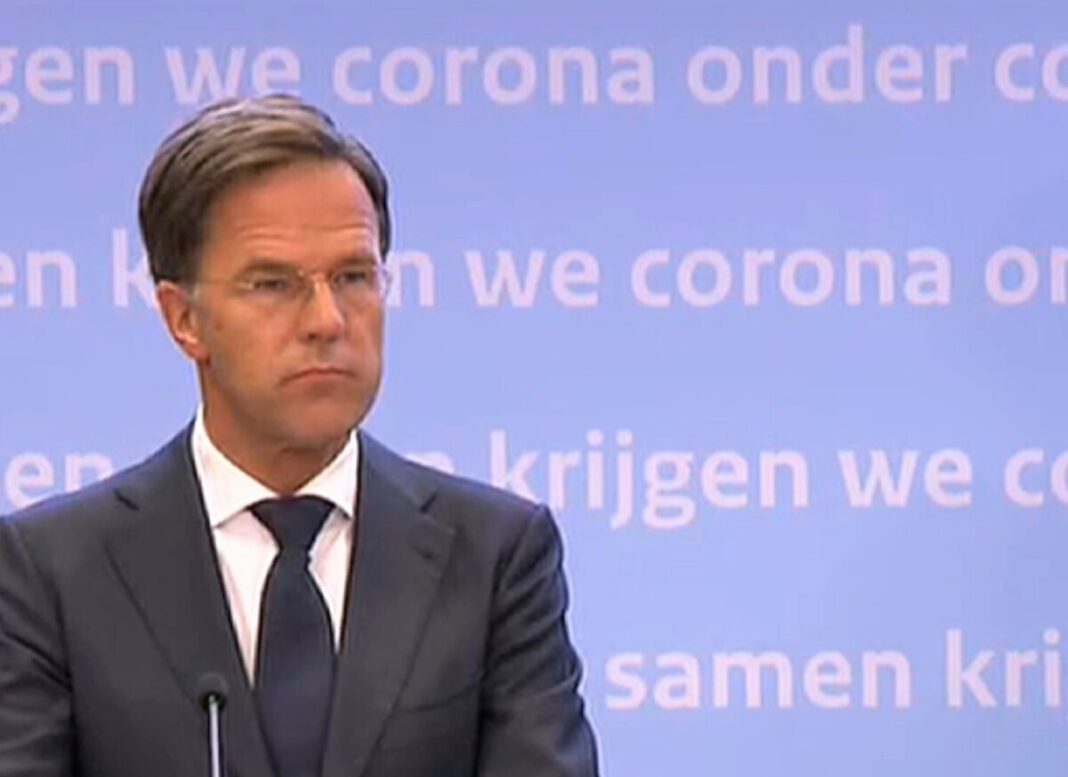Experts believe the only way to prevent the continuing spread of coronavirus across the Netherlands is through a nationwide approach to measures.
At the moment, the government is implementing measures at a regional level. Last Friday, PM Rutte and Minister of Health, Hugo de Jonge, announced new measures for six regions of the Netherlands.
However, this week has seen a continued sharp increase in the number of coronavirus cases across the Netherlands. Experts are coming forward to say that they believe the only way to prevent the further spread of coronavirus is through the implementation of nationwide measures.
Nationwide measures instead of regional
Regional measures were implemented so as to prevent a low-risk area from having to lock down to the same extent as high-risk areas. However, experts claim the virus is spreading too fast for this to work.
One expert to come forward is epidemiologist Hans Heesterbeek of Utrecht University. Heesterbeek believes that unless Dutch citizens drastically change their behaviour, strict nationwide measures will be the only solution.
“If we stick to the ground rules, we will prevent the government from having to intervene extra. So keep your distance, avoid crowds and large meetings, do not go to work if symptoms are present, and so on. Wearing masks in busy public spaces where keeping a distance is difficult, such as shops, could also be part of this,” he tells AD.nl.
While the hope is that strict measures won’t have to be implemented, he does believe nationwide measures are necessary. He says that people are moving too frequently between high and low-risk areas for Rutte’s new measures to be effective. “The virus is spreading from the Randstad like an oil slick. You can’t solve that with regional measures. People travel a lot from one region to another. You see too much mixing for regional measures to be effective.”
No way of measuring risk
In agreement with Heesterbeek is Bart Berden, director of the Elisabeth-TweeSteden Hospital in Tilburg. Berden believes the virus is spreading too quickly for the regional measures to be effective. On top of this, delayed testing prevents regions from knowing how high-risk they truly are.
“It is going so fast now. How useful is it to take a regional approach when you see that regions are growing closer in terms of contamination figures? In addition, there is currently a shortage of testing capacity. It is therefore difficult to determine exactly where you stand as a region.”
He points to Tilburg as an example, the hospital has already started taking patients from hospitals in the Randstad yet the region remains more flexible than other high-risk areas. “It is not logical that the measures in our own region are more flexible than in the rest of the Netherlands.”
What do you think of the regional measures? Let us know in the comments below!
Feature Image: Press conference/DutchReview.



